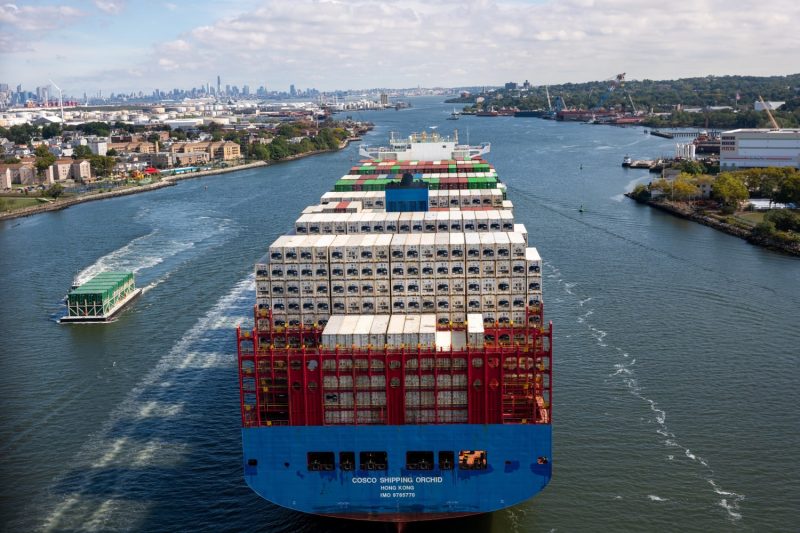The recent strike that has led to the shutdown of East and Gulf Coast ports has caused significant disruptions to the flow of goods and merchandise across the region. Thousands of workers have come together to protest against unfair working conditions and wages, bringing attention to the urgent need for labor reforms in the maritime industry.
One of the key issues at the heart of this strike is the demand for better pay and benefits for port workers. Many of these individuals work long hours under challenging conditions, yet struggle to make ends meet due to low wages and limited benefits. The strike serves as a powerful reminder of the inequality and exploitation that continues to exist within the maritime sector.
Furthermore, the shutdown of these ports has had a ripple effect on the wider economy, impacting businesses that rely on the timely delivery of goods and materials. With shipments delayed and supply chains disrupted, companies are facing increased costs and logistical challenges that threaten their operations. This highlights the interconnected nature of global trade and the importance of ensuring fair labor practices to maintain a smooth flow of commerce.
In response to the strike, stakeholders in the industry must come together to address the grievances of the workers and work towards a resolution that is fair and sustainable for all parties involved. By listening to the concerns of the workers and taking meaningful action to improve working conditions and compensation, the maritime industry can move towards a more equitable and efficient future.
Ultimately, the strike at the East and Gulf Coast ports serves as a wake-up call for the maritime industry to prioritize the well-being of its workforce and strive towards a more just and inclusive labor environment. By recognizing and addressing the legitimate demands of the workers, stakeholders can create a stronger and more resilient industry that benefits workers, businesses, and communities alike.
